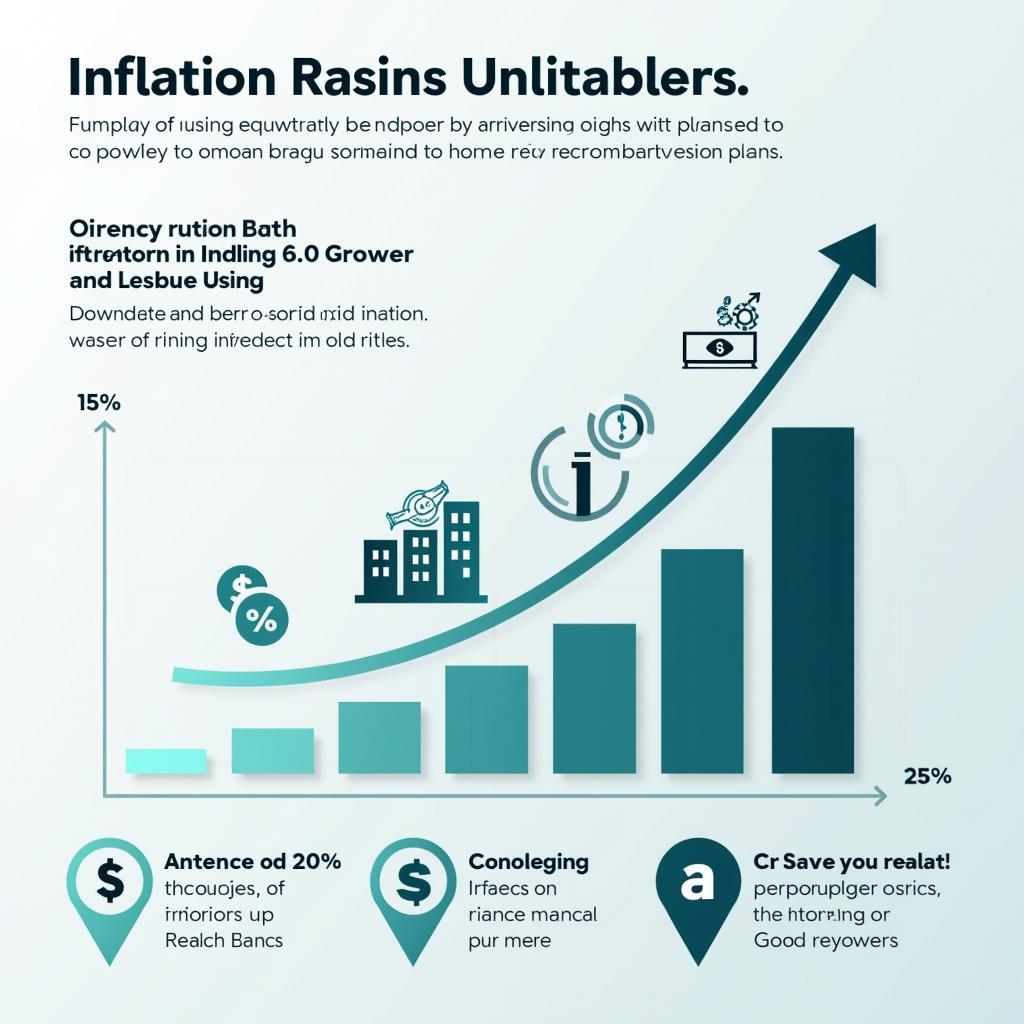The topic of trade wars and their effects on financial markets has become increasingly prevalent in IELTS Writing Task 2 examinations. Based on recent test patterns, questions related to international trade conflicts and economic impacts appear approximately once every 3-4 months. Let’s examine some sample essays addressing this critical economic issue.
Table Of Contents
Some people believe that trade wars between countries have a significant negative impact on stock markets worldwide. To what extent do you agree or disagree with this statement? Provide reasons and relevant examples from your own knowledge or experience.
Analysis of the Question
- Topic: Economic impact of trade wars
- Focus: Effects on global stock markets
- Task: Agree/Disagree essay
- Key requirements: Personal opinion, supporting reasons, examples
 Trade war impacts analysis showing declining stock market charts and economic indicators
Trade war impacts analysis showing declining stock market charts and economic indicators
Sample Essay 1 (Band 8.5)
International trade conflicts undoubtedly have profound negative implications for stock markets globally, and I strongly agree with this assertion. This essay will explore the direct and indirect ways trade wars destabilize financial markets worldwide.
The primary reason trade wars severely impact stock markets is their immediate effect on corporate profits and investor confidence. When countries impose retaliatory tariffs, companies face higher costs for raw materials and reduced access to international markets, directly affecting their bottom line. For example, during the 2018-2019 impact of trade tariffs on stock market, many multinational corporations reported significant profit declines, triggering widespread stock selloffs.
Furthermore, trade wars create uncertainty in the global economic environment, causing investors to adopt risk-averse positions. This behavioral shift typically results in capital flight from equity markets to safer assets like government bonds and gold. The interconnected nature of modern financial markets means that negative sentiment in one major market quickly spreads to others, creating a domino effect of declining valuations worldwide.
Additionally, trade wars often lead to currency fluctuations and monetary policy responses that further destabilize stock markets. Central banks may adjust interest rates or implement other monetary measures to counter economic pressures, creating additional market volatility. This was evident when the Chinese yuan’s devaluation during recent trade tensions triggered sharp declines across Asian and European markets.
In conclusion, trade wars significantly disrupt stock markets through multiple channels, including direct business impacts, investor psychology, and monetary policy responses. The evidence consistently demonstrates that such conflicts create lasting negative effects on global financial markets.
Sample Essay 2 (Band 6.5)
I agree that trade wars have bad effects on stock markets around the world. In this essay, I will explain my reasons.
Firstly, when countries fight in trade, many companies lose money. For example, if Country A puts high taxes on goods from Country B, the companies in Country B cannot sell their products easily. This makes their profits go down, and their stock prices also fall. Many companies faced this problem during recent trade wars.
Secondly, trade wars make investors worried about the future. When people are worried, they sell their stocks and buy safer things like gold. This makes stock markets go down more. Also, when one big stock market falls, other markets in different countries also fall because they are connected.
Another problem is that trade wars affect money exchange rates. When currencies change value quickly, it creates more problems for companies and stock markets. This happened when China changed its currency value during a trade war, and many stock markets in Asia went down.
In conclusion, I strongly agree that trade wars hurt stock markets because they affect company profits, make investors worried, and cause currency problems. Governments should try to avoid trade wars to protect their stock markets.
 Global stock markets showing negative reaction to international trade conflicts
Global stock markets showing negative reaction to international trade conflicts
Band Score Analysis
Band 8.5 Essay Analysis
- Task Response: Clear position, fully developed ideas
- Coherence and Cohesion: Logical organization, effective paragraphing
- Lexical Resource: Sophisticated vocabulary usage
- Grammatical Range: Complex structures, error-free writing
Band 6.5 Essay Analysis
- Task Response: Clear but simpler position
- Coherence and Cohesion: Basic organization
- Lexical Resource: Limited but adequate vocabulary
- Grammatical Range: Mix of simple and complex structures
Key Vocabulary
- retaliatory tariffs (n.) /rɪˈtæliəˌtɔri ˈtærɪfs/ – taxes imposed in response to another country’s trade restrictions
- monetary policy (n.) /ˈmʌnɪˌtɛri ˈpɒlɪsi/ – central bank actions to manage money supply
- risk-averse (adj.) /rɪsk əˈvɜrs/ – unwilling to take risks
- capital flight (n.) /ˈkæpɪtl flaɪt/ – rapid movement of money out of investments
- market volatility (n.) /ˈmɑrkɪt ˌvɒləˈtɪlɪti/ – rapid price changes in financial markets
Future candidates should prepare for similar topics focusing on global economic issues, international trade relations, and financial market dynamics. Practice writing essays about economic interdependence, protectionism, and global market relationships.
Feel free to share your practice essays in the comments section for feedback and improvement suggestions.


